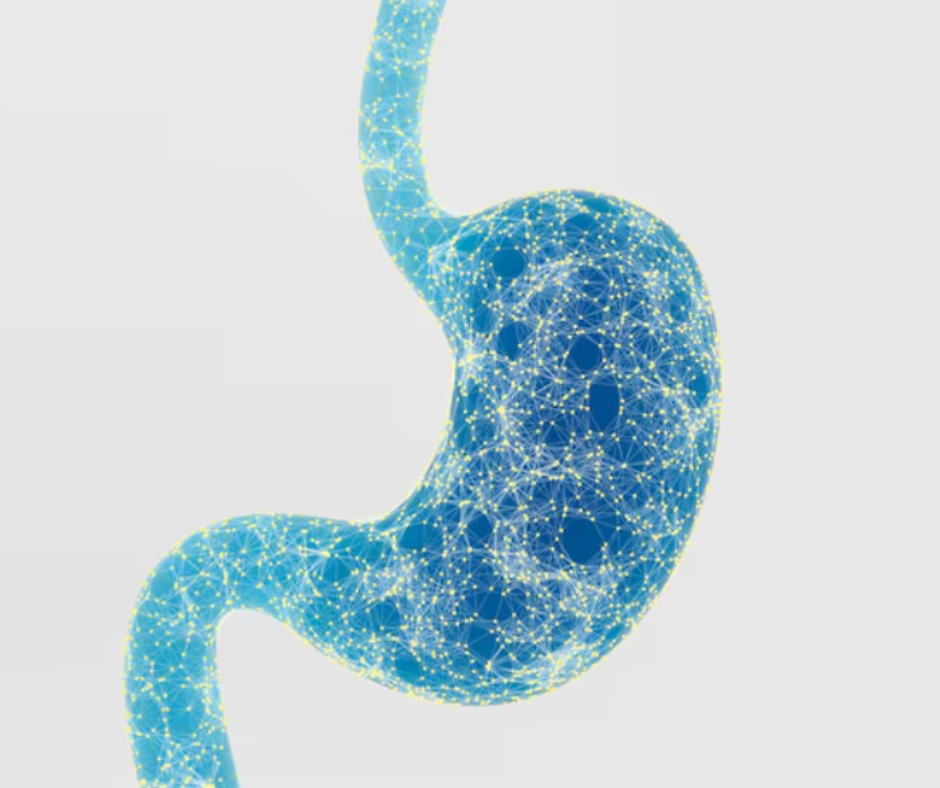Understanding Liver Biopsy: Purpose, Procedure, and Considerations
- livercarecenter23
- Aug 10, 2023
- 1 min read
Liver biopsy is a crucial diagnostic procedure that provides valuable insights into the health of one of the body's most vital organs. This article delves into the specifics of liver biopsy, shedding light on its purpose, the procedure itself, and important considerations for patients.
Liver biopsy is commonly performed to assess liver conditions such as fibrosis, inflammation, fatty liver disease, and even the presence of cancer. It aids in accurate diagnosis, allowing healthcare professionals to recommend appropriate treatment strategies. The procedure involves the extraction of a small tissue sample from the liver, typically guided by imaging techniques.
However, undergoing a liver biopsy requires careful consideration. Patients should be aware of potential risks, such as bleeding or infection, and discuss these concerns with their healthcare provider beforehand. Preparing for the procedure might involve fasting, stopping certain medications, and informing the medical team of any allergies or existing health conditions.
Modern advancements have introduced minimally invasive techniques like ultrasound-guided or laparoscopic liver biopsies, which offer enhanced precision and reduced discomfort. Patients are encouraged to communicate openly with their medical team, address any fears or questions, and collaborate to ensure a smooth and informed biopsy experience.
In conclusion, a liver biopsy plays a pivotal role in diagnosing liver-related conditions, offering valuable information for tailored medical care. While it's a serious procedure, advancements in medical technology have made it safer and more patient-friendly. Prior knowledge and communication with your healthcare provider are key to ensuring a successful and well-managed liver biopsy process.



Comments